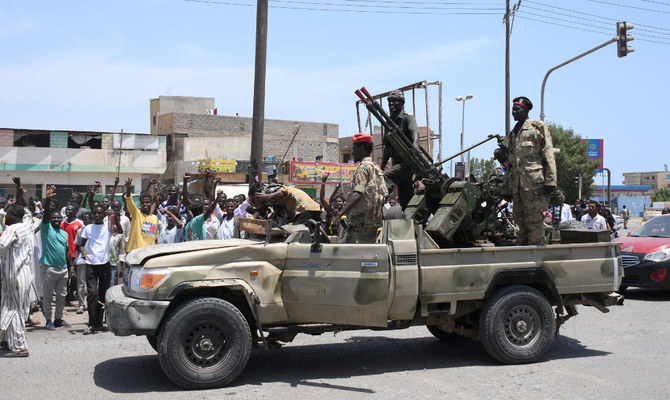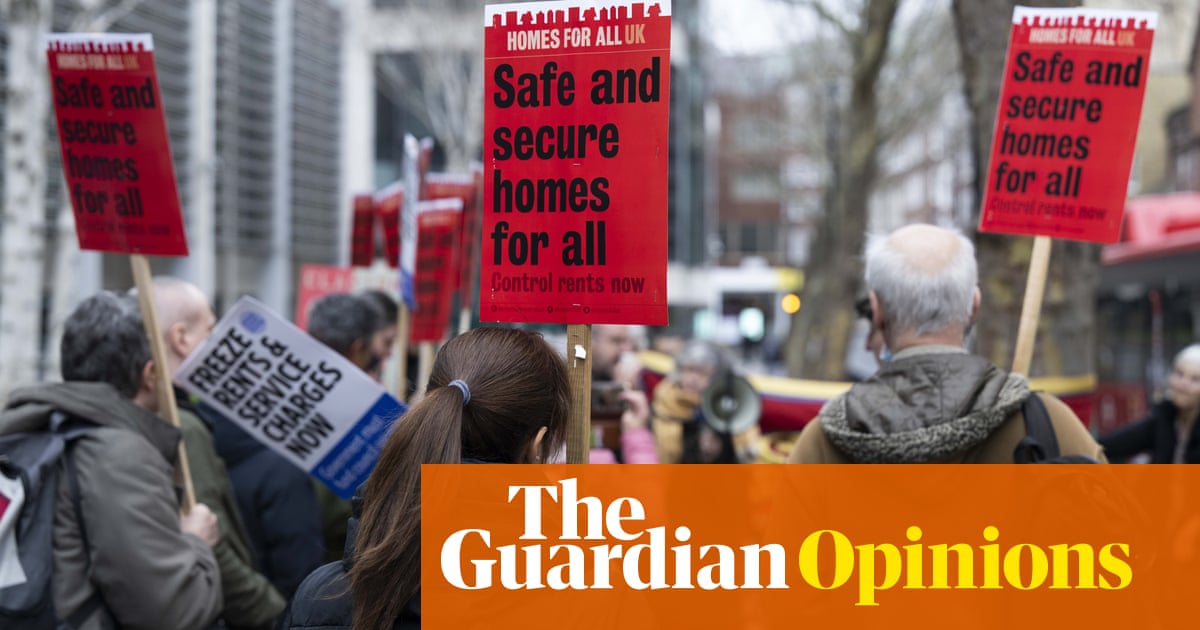
The recent outbreak of fighting in Sudan has highlighted the terrible human and economic toll of civil wars. Sudan is hardly alone. Depending on how one defines civil war, there are between 10 and 100 ongoing today. According to the Geneva Academy, the Middle East and North Africa region has the highest number of civil wars, followed by Africa.
Defining the term civil war is tricky, but generally it refers to a conflict that occurs mostly within the borders of a state and in which most of the belligerents are residents of that state. There are different types of civil war and each conflict has its own unique characteristics. A state may have more than one civil conflict at a time. Despite these variations, multiple research projects over the last 30 years have found commonalities among civil wars.
Civil wars typically last much longer than wars between states and recent research suggests that the average duration of civil wars has been lengthening in recent years. The Economist recently reported that the average length of a civil war was nearly 20 years in 2021, compared to an average of 13 years in 1985. Other research by scholars and aid organizations has also found that civil wars are lasting longer.
What factors are driving civil wars to last for so many years? The Economist identified several reasons, including complexity, criminality, climate change, deteriorating global norms and the spread of violent religious extremism. Research from other sources supports those findings and adds other useful points. For example, civil wars are more likely to end through clear military victory than negotiation so, when belligerent groups are unable to defeat and disarm each other, conflicts are more likely to last longer.
An extensive body of research has demonstrated that civil wars are more likely to endure when there are multiple groups involved. Researchers have found that civil wars that end through negotiation tend to be shorter, but negotiating a durable settlement with multiple belligerents is very difficult. Even ending a war through clear military victory is more difficult when many armed groups are fighting.
A related problem is foreign involvement. Academic research has found that interventions by foreign countries in support of one or more parties in a civil war likely extends the length of the war and increases the death toll. One reason is that foreign powers, who do not bear the true costs of the war, can continue providing resources to belligerents who might otherwise have been unable to continue fighting. Foreign countries’ interests can also complicate negotiation efforts. During the Cold War, Soviet and US involvement in proxy wars contributed to their length; today, the involvement of global or regional powers plays a similar role.
Long-running civil wars often devolve into war economies, in which armed groups have financial incentives to continue fighting. These actors can make money through extortion and other means. They often benefit from controlling natural resources such as mines or crops that are used for drugs. Once a war economy is entrenched, ending the war becomes even more difficult.
Long-running civil wars often devolve into war economies, in which armed groups have financial incentives to continue fighting.
Kerry Boyd Anderson
Other factors contribute to some civil wars. Stanford University’s James Fearon, who has conducted significant research on the subject, wrote in 2004 that “‘sons of the soil’ wars that typically involve land conflict between a peripheral ethnic minority and state-supported migrants of a dominant ethnic group are on average quite long-lived.” When religious extremism intersects with armed conflict — such as in Afghanistan, Iraq, Syria and parts of the Sahel — armed groups often become increasingly brutal and unwilling to negotiate. Climate change is a major risk multiplier that contributes to the likelihood of a civil war occurring, as well as complicating efforts to resolve conflict.
At times, the UN has played a significant role in helping to end some internal wars, but when there is paralysis in the UN Security Council its ability to take significant action is hampered. In general, when there is a lack of a willing, capable and trusted third party who can help lead negotiations and monitor agreements, resolving wars is much harder.
It also can be difficult to determine when a civil war truly ends and another one begins. Is the current fighting in Sudan the start of a new potential civil war or is it the continuation of a series of internal conflicts? Did the current war in Yemen start in 2014 or is it the latest stage in a series of wars going back decades or longer? Similar questions could be asked of countries such as Myanmar, Lebanon and Ethiopia, among others. When is it a lasting peace and when is it a pause between wars?
Just as experts have significant information about factors that make civil wars likely and make them longer or more brutal, they also have knowledge of ways to help end wars. Civil wars that end through negotiation are likely to be shorter, while there are historical lessons to help negotiators, such as including women and civil society voices and involving a third-party mediator that can provide some security during combatant demobilization.
However, in situations where belligerents have the incentives and resources to keep fighting — especially if they receive foreign assistance — ending wars is extremely challenging. As always, civilians are caught in the crossfire, often left with little choice except to try to flee, as many Sudanese are attempting today.
• Kerry Boyd Anderson is a writer and political risk consultant with more than 18 years of experience as a professional analyst of international security issues and Middle East political and business risk. Her previous positions include deputy director for advisory with Oxford Analytica.
Twitter: @KBAresearch










